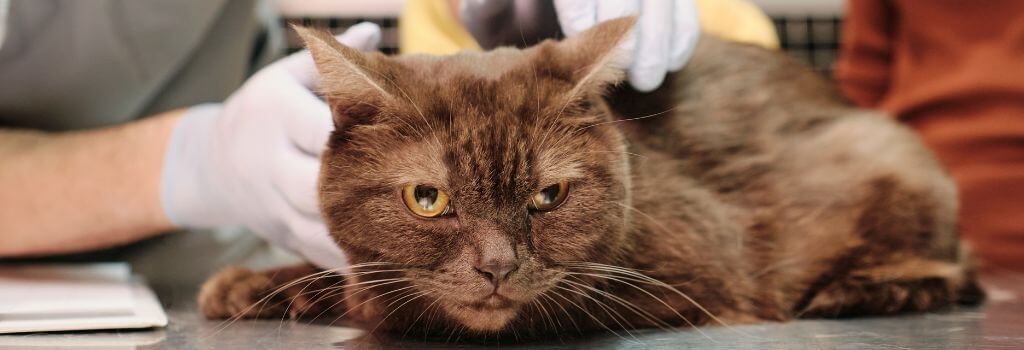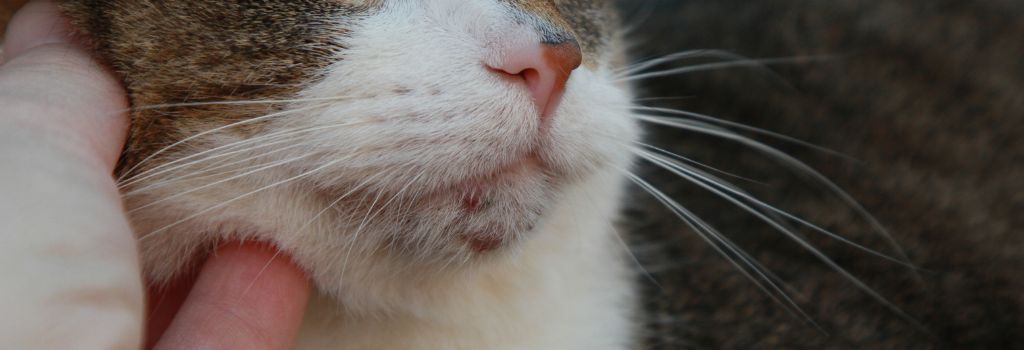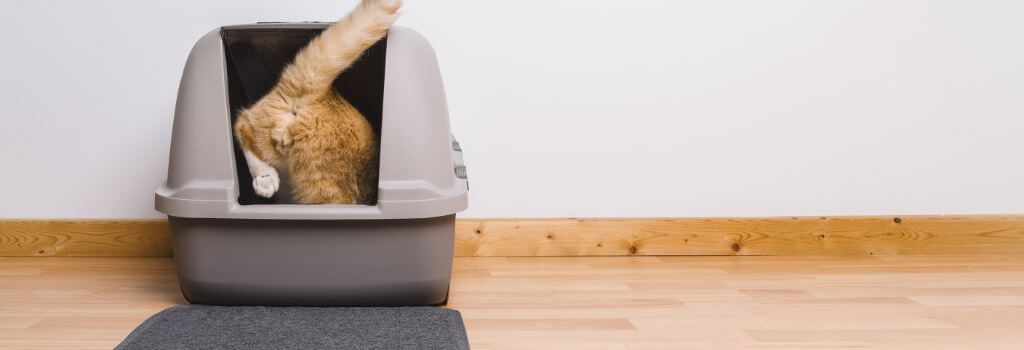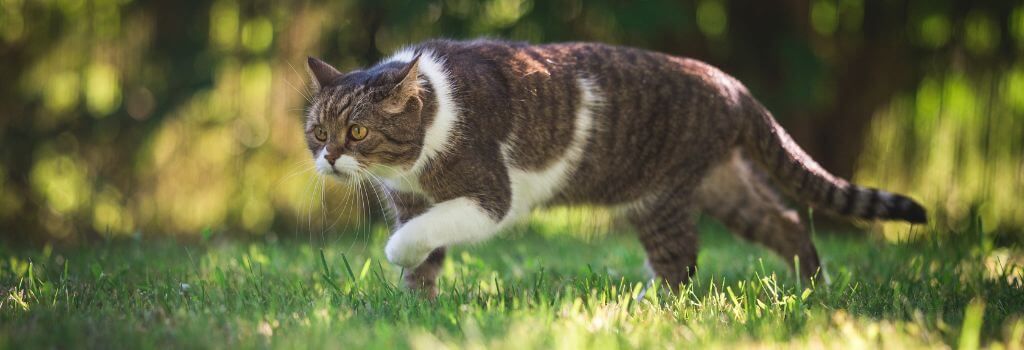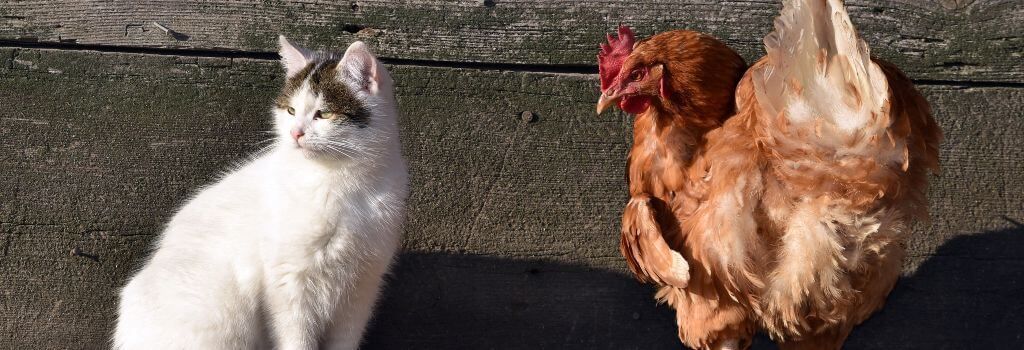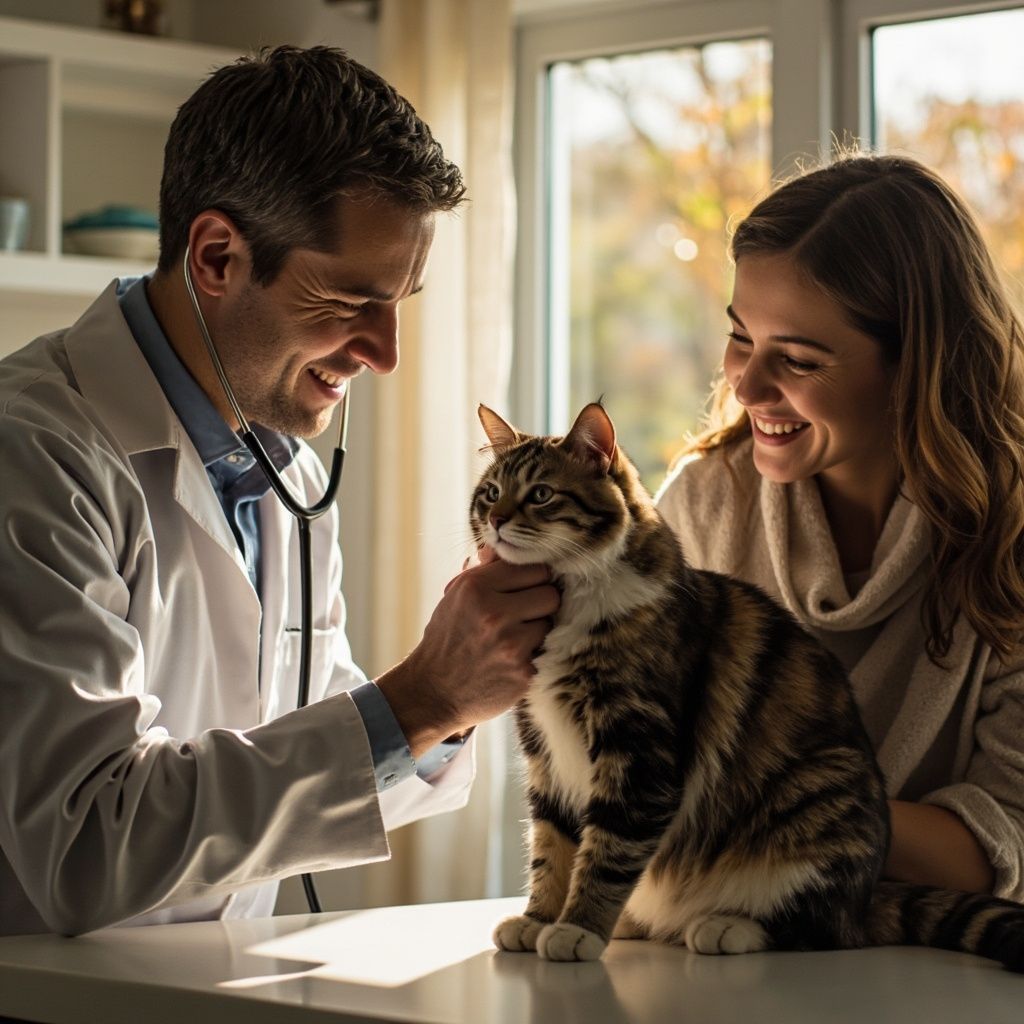Cat Wellness 101: What Vaccinations Does My Feline Need?
Vaccinating your cat is the best way to protect them from a wide range of contagious — and potentially deadly — diseases. From Rabies to Feline Immunodeficiency Virus, your feline friend could fall victim to many illnesses if you fail to keep them up to date on essential vaccines. Even if you keep your cat strictly indoors, it’s vital to keep their vaccinations updated. It only takes seconds for a cat to slip out a door or window, and if mice or other pests find their way into your home, you never know what types of diseases they could be carrying.
As veterinarians, we’ve seen far too many cats suffering from preventable illnesses because they were not vaccinated. For this reason, we strongly recommend keeping your furry family member up to date on all of their shots. Modern vaccines are safe and highly effective, and the risk of severe side effects is extremely low. If you are wondering what vaccinations your cat needs , keep reading to learn more.
When to Have Your Cat Vaccinated
Kittens should receive their first vaccines when they are 6 to 8 weeks old. We administer these first vaccinations in a series, so you’ll need to bring your kitten in every three weeks until they are roughly 16 weeks old. Then, they need boosters throughout their life. Some boosters are needed annually, while others only need to be administered every three years. If you adopt an older cat with an unknown vaccination history, your veterinarian will decide on the best vaccination protocol. When starting your kitten or adult on vaccinations, we will provide you with an easy-to-understand vaccination schedule and send you reminders to let you know when your feline friend is due for a shot.
Do Indoor Cats Need to Be Vaccinated?
One of the most common misconceptions we hear about feline care is that cats who do not go outside don’t need to be vaccinated. While it’s true that your indoor cat’s vaccine needs may be different from those of an outside cat, every cat needs certain vaccinations.
While your cat isn’t as prone to disease if they stay inside, airborne bacteria and viruses can still enter your home through open doors and windows. Rodents and bats carry disease, too, and they are remarkably good at sneaking into homes through the tiniest of cracks. Plus, even if your cat is usually laid back and does not try to escape, that could change in an instant. Your indoor-only cat could dart out an open door if frightened or in pursuit of prey, and keeping them up to date on their vaccinations is the best way to protect them from disease while they are out on their unauthorized adventure. ( We recommend having your indoor cat microchipped , too, for the same reason.)
Keep in mind that your cat will also need to be up to date on certain shots if you ever take them to a boarding facility. Many groomers require current vaccination records for clients, too. If flying with your cat, the airlines will require a health certificate and proof of vaccine status.
Core Vaccines
We recommend certain vaccines for all cats. They protect against the most common and serious illnesses affecting cats.
These core vaccines for cats include:
- Rabies virus
- Feline viral rhinotracheitis (also known as herpes virus)
- Panleukopenia (also known as feline distemper virus)
- Feline calicivirus
The feline viral rhinotracheitis, calicivirus, and panleukopenia vaccines are often administered using a single combination shot known as the FVRCP vaccine. It is also commonly referred to as the “distemper shot,” even though it protects your cat against other diseases, too.
Non-Core Vaccines
Also known as lifestyle vaccines, we will recommend non-core vaccines for some cats but not others. We recommend these shots based on things like how much time your cat spends outdoors, whether they are frequently around other animals, and what diseases are more prevalent in your local area.
Common Non-Core Vaccines for Cats and Kittens Include:
Feline leukemia: Feline leukemia is a severe viral infection that spreads through bodily fluids, including urine, saliva, milk, and feces. This disease causes cancer and cannot be cured, so preventing it is always the best option. We recommend the feline leukemia vaccine for kittens with a booster shot 12 months later. Future recommendations regarding this vaccine are based on lifestyle factors. We will discuss this with you to help you determine whether your feline family member needs this vaccine.
Bordetella: Bordetella ( Bordetella bronchiseptica ) is the bacteria that causes the highly contagious respiratory disease feline bordetellosis. More commonly known as “kennel cough,” this disease spreads through direct and indirect contact and can even be transmitted between dogs and cats. It spreads rapidly in places where there are a lot of animals, like grooming and boarding facilities. While the bordetella vaccine does not entirely prevent the disease, it will keep your cat from getting extremely sick if exposed to it. If your cat frequents places where there are many other animals, we strongly recommend the Bordetella vaccine.
Wrapping Up
Having your cat vaccinated (and keeping them up to date on booster shots) is a crucial element of being a responsible pet parent. Vaccines effectively prevent cats from needlessly suffering from serious illnesses, and side effects are extremely rare. If you have recently adopted a kitten, having them vaccinated is the best way to set them up on the path to optimal wellness. And if you have an older kitty, it’s never too late to get them on an effective vaccine schedule. As veterinarians, we’re here to help you give your feline family member the best and healthiest life possible. If your furry friend is due for a shot or you would like to learn more about cat vaccinations, give us a call.
Recent Posts

